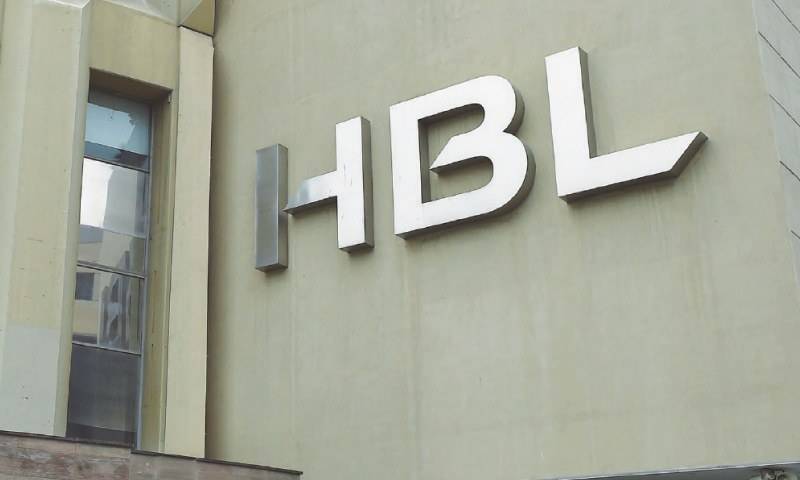The New York State Department of Financial Services said on Thursday it had fined Habib Bank and its New York branch $225 million for failures to comply with laws and regulations designed to combat illicit money transactions.
The DFS statement followed an announcement by the regulator last month that it was seeking to fine Pakistan’s biggest lender, known as HBL, up to $630 million for “grave” compliance failures relating to anti-money laundering and sanctions rules at its only US branch.
The DFS said on Thursday it had also imposed an order outlining conditions for the orderly closure of HBL’s New York branch. These conditions include an investigation of transactions processed by the branch from October 2013 to the end of September 2014, and from April 2015 through the end of July 2017.
The enforcement action was brought following a 2016 review during which the department said it found “weaknesses in the bank’s risk management and compliance” which bank management had failed to address.
“The bank has repeatedly been given more than sufficient opportunity to correct its glaring deficiencies, yet it has failed to do so,” Financial Services Superintendent Maria Vullo said in the statement.
“DFS will not stand by and let Habib Bank sneak out of the United States without holding it accountable for putting the integrity of the financial services industry and the safety of our nation at risk.”
Officials at Habib Bank, which is listed in Karachi, were not immediately available for comment outside normal working hours.
The bank disclosed last month that it was in negotiations with the DFS regarding the potential fine and would also shutter its New York branch.
Nausheen Ahmad, the bank’s company secretary, said in a statement at the time that the DFS did not recognise “the significant progress that HBL has made at its branch in New York” and that the bank would vigorously contest the proposed fine in US courts.
The bank also said the closure of its New York operation would have no material impact on its business outside the United States.






